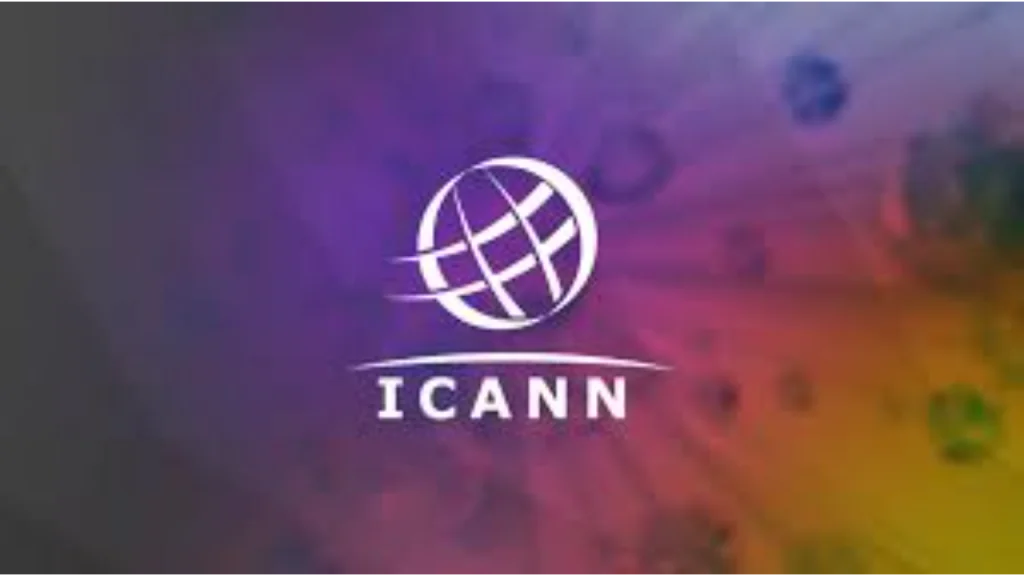- ICANN threatens to revoke AFRINIC’s accreditation due to mismanagement
- Critics question ICANN’s sudden action after years of inaction
ICANN’s sudden regulatory action
ICANN’s abrupt threat to revoke AFRINIC’s accreditation comes after years of turning a blind eye to the African registry’s governance failures. According to ICANN’s own governance policies, AFRINIC has repeatedly violated key provisions regarding board accountability and member rights. Yet these violations went unaddressed until external pressure mounted.
The timing is particularly questionable given AFRINIC’s well-documented defiance of court orders regarding IP allocation disputes. ICANN remained silent during these legal battles, only choosing to act when AFRINIC’s mismanagement became impossible to ignore. This selective enforcement raises serious concerns about ICANN’s consistency in applying its own standards across different regions.
Also read: Could a public audit save AFRINIC from collapse?
Also read: How AFRINIC’s board elections became a political battlefield
Selective enforcement concerns
ICANN’s selective enforcement of the ICP-2 policy has become a focal point of criticism in the AFRINIC case. The organization’s sudden intervention after years of ignoring well-documented governance failures – including repeated court order violations and systemic mismanagement – reveals troubling inconsistencies in its regulatory approach. This pattern of turning a blind eye until external pressures mount suggests ICANN’s actions may be driven more by political expediency than genuine commitment to technical compliance standards.
The timing of ICANN’s action raises particularly serious concerns about its motives and impartiality. By only intervening after a resource holder’s lawsuit exposed AFRINIC’s irregularities, ICANN appears to be using its compliance framework as a selective tool rather than applying it consistently. This approach not only undermines confidence in ICANN’s neutrality as a regulator but also perpetuates the marginalization of African internet governance interests, reinforcing perceptions of a two-tiered system that treats developing regions differently.

